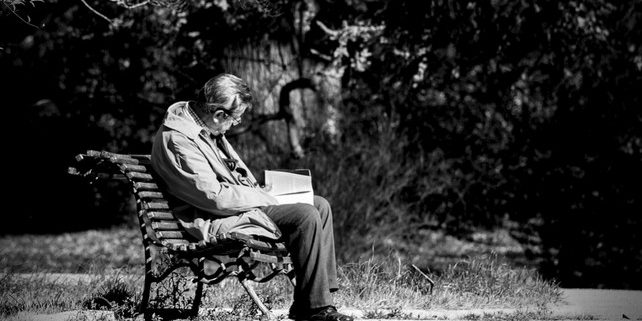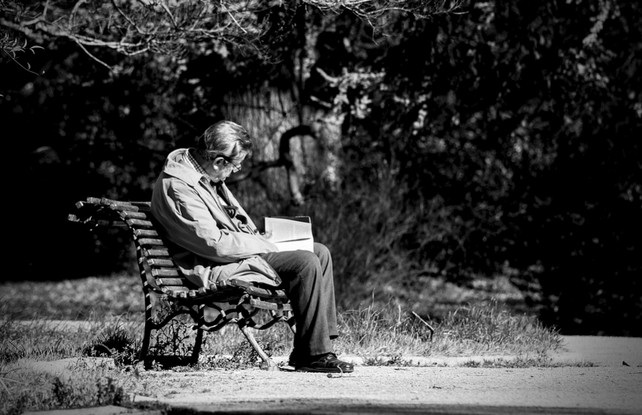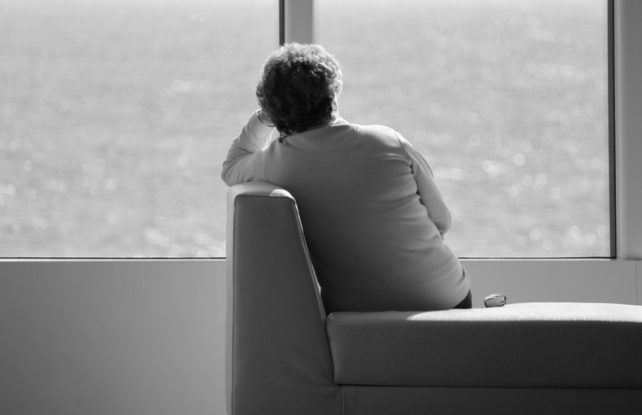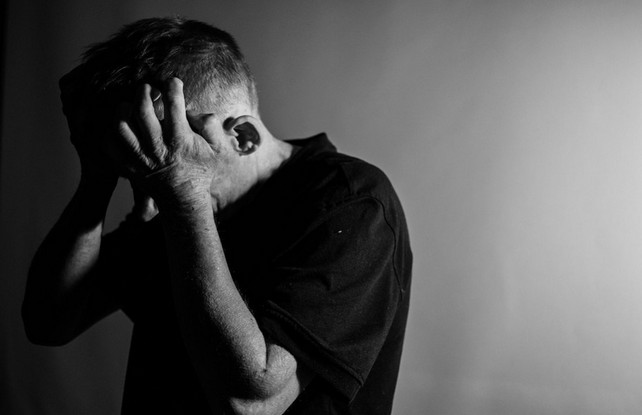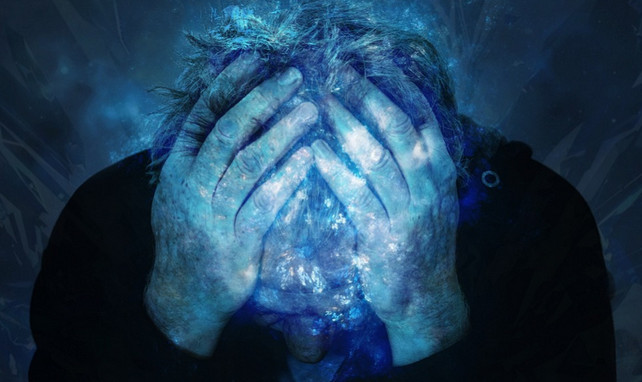Depression in the elderly is often written about but occasionally forgotten by many. It’s considered a sign of getting older, but the facts are that depression strikes people of all ages.
Unfortunately, it’s the elderly, who often suffer quietly and need special attention.Depression affects approximately 19 million Americans each year. That means that about nine and a half percent of the U.S. adult population has some form of depression disorder.
Women are affected almost twice as much as men, and roughly between 15 to 25 percent of the elderly suffers from some form of symptoms of mental illness. It’s hard to get concrete figures, because many senior citizens do not complain about their illness, nor do they talk about it.
What is Depression?
Nearly everyone has felt depressed about something in their life. Maybe your Little League team lost a close game when you were younger. Perhaps, you didn’t make the cut for the varsity cheerleading squad, or got turned down on a date.
These are all examples of feeling depressed. However, if this feeling of being depressed lasts for more than a couple of weeks, it is then classified as a clinical disorder and becomes depression.
Here are a few types of depression:
SAD – This is the acronym for Seasonal Affective Disorder. This is a common disorder in many Scandinavian countries in areas that have six months of darkness. Lack of sunlight is the cause of this disease.
However, those of us in the United States experience a similar disorder during the winter, when days are the shortest of the year.If you experience these feelings during the winter, you can purchase special lighting devices that compensate for the lack of sunlight.
Major Depression – This is a very common form of depression. It’s when you feel you’re not worth a cent. You don’t have much energy, and you feel sad most of the day, and nothing seems to really cheer you up.
Adjustment Disorder – Adjustment disorder happens when there is a traumatic event like the death of a loved one or pet. Losing a job can also trigger it. It’s normal for these events to trigger sadness, but when they continue non-stop for months, they become an adjustment disorder.
Dysthymia – This is a mild form of depression, but it’s also chronic, and it can last for years. Most people won’t even recognize that you are depressed. Instead, people might just think that you are always in a bad mood.
One overlooked aspect of depression is that people, who suffer from it, have changes in the physical structures of their brains. During this period, neurotransmitters (chemicals that help your nerves to communicate with each other) are running at a lowered level of capacity.
Low levels of serotonin can affect your moods and can lead to depression. In addition, the lower levels of serotonin can lead to a smaller hippocampus area of your brain.
Causes of Depression in the Elderly
There are also some causes of depression in elderly people that are very common. Most of these include life changes.While children, or people, who are much younger can quickly adapt to changes in life, it can hit elderly people very strong.
The list includes:
- The unfortunate loss of memory and not being able to clearly think things out
- Suffering from many illnesses
- Constant chronic pain in multiple parts of the body
- The strong feeling of separation from their children and other family members
- The helpless feeling of not being able to take care of themselves anymore and loss of independence
- The struggle of dealing with unfamiliar surroundings when we force them to move to a retirement home or other care facility
5 Symptoms of Depression in the Elderly
The best way to deal with depression in elderly people is to first understand the possible symptoms of the disorder. Although this is not meant as a form of self-diagnosis, you might want to seek medical assistance for anyone suffering from these symptoms.
This is a short list of 5 common symptoms:
Sadness – Sadness and irritability are obvious signs. If you know there are reasons that someone should be cheerful some time, but they no longer seem to care, it’s a good time to see that they get medical care.
Weight Problems – If someone has unexpectedly lost or gained a lot of weight without any other known medical problems, they might have depression.
Guilt – Guilt and hopelessness often mark depression in the elderly.
Insomnia – Another symptom of depression is if someone is having difficulty sleeping, or wants to sleep continuously, and their mind is often preoccupied by worrying about outside pressure and thoughts.
Suicidal Thoughts – If a person talks about or often thinks of suicide or death. This is very important if you know a person, who has these thoughts. Don’t sit around suffering with these thoughts anymore. Instead, you need to ask for professional help immediately.
Treatments for Depression in the Elderly
The best form of treatment for depression in elderly people depends a lot on how severe it is.
Below are some treatment ideas:
- A person, who has severe depression with suicidal thoughts, will need immediate medication and counseling.
- Lower dosages of antidepressant medication can be very helpful. It’s possible to increase the dosages over time or eliminate them.
- The vast majority of the elderly, who have depression, suffer from mild to moderate depression. Psychotherapy or medication can treat depression.
- Don’t forget about the emotional support that a person can get from family and friends. This can be very important in dealing with bouts of depression.
Depression in the Elderly – Conclusion
There are a lot of things that elderly people can do to help alleviate depression while they are at home. They should try to hang around other positive people. They can also get out and do some exercises that keep them healthier, and helps them get some fresh air outdoors.
Once the euphoric feeling of alcohol wears off, it can leave people feeling depressed. So elderly people should try to avoid excessive alcohol usage.
Aging is a major achievement and a time to relax and move past the daily stress of a person’s earlier life. But depression in elderly people is a reality of life and we should deal with it delicately and as quickly as possible.

